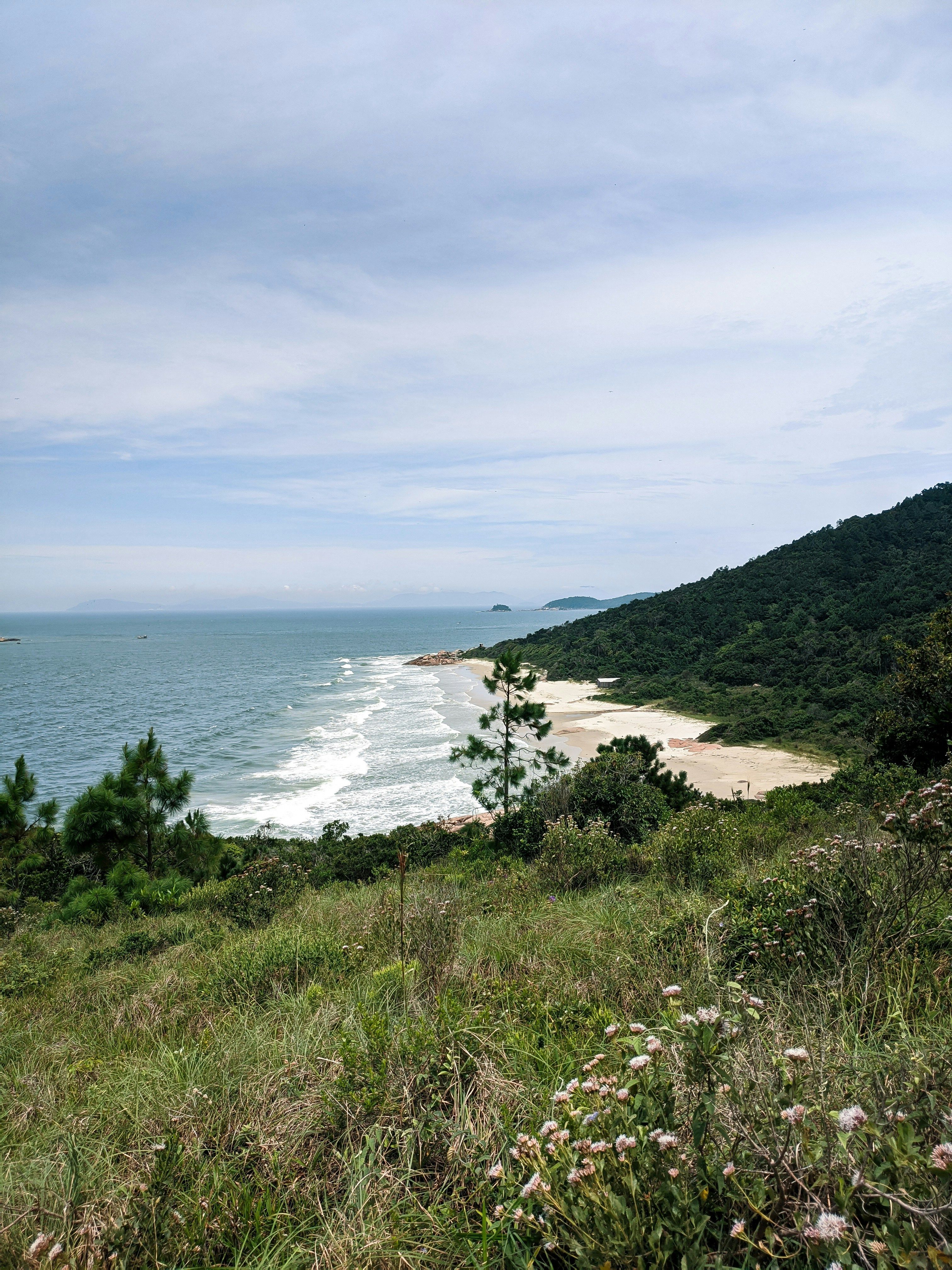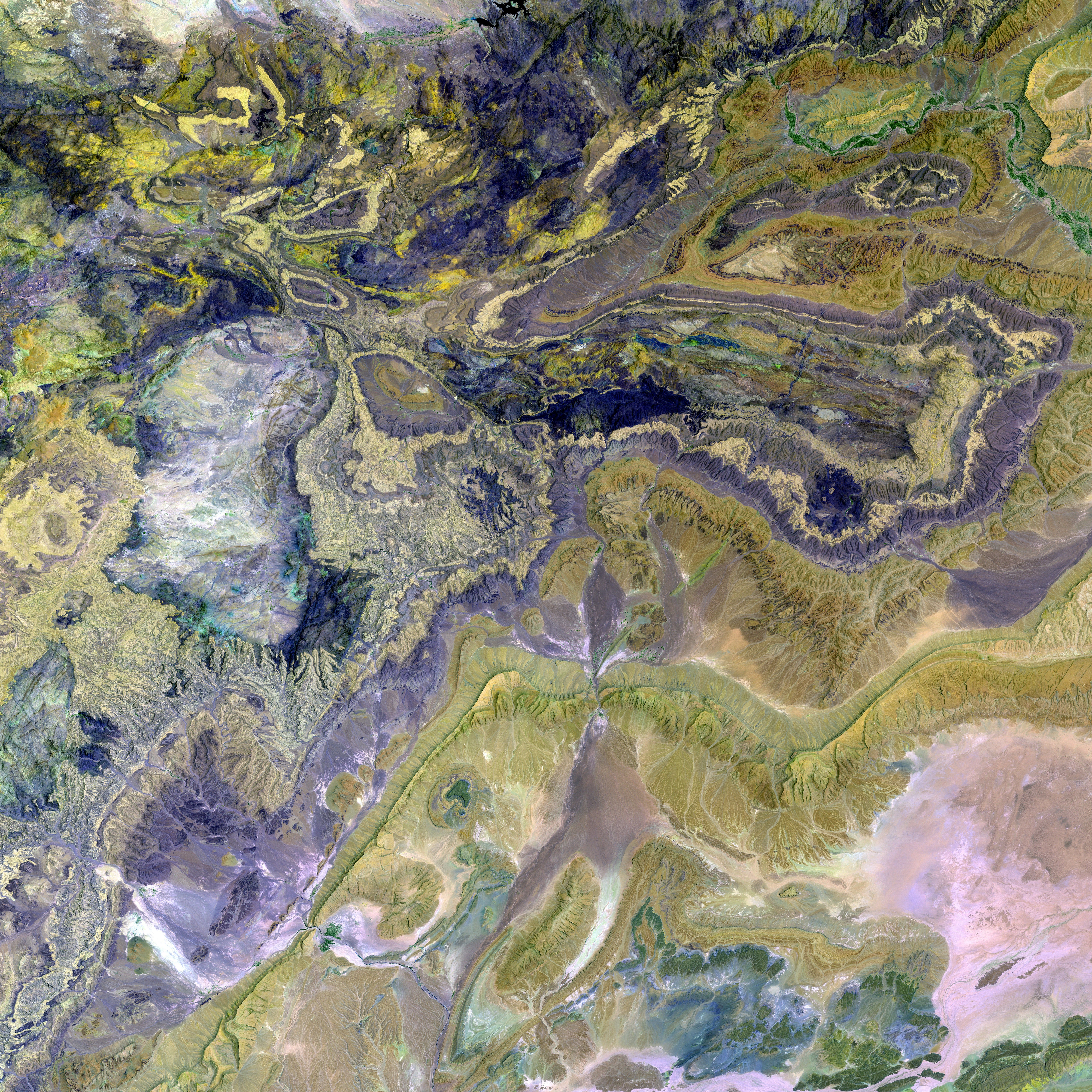Struggles persist for the NDP's financial resources
The New Democratic Party (NDP), a major Canadian political party, is grappling with a daunting financial predicament following their subpar performance in the 2025 federal election. With fewer candidates qualifying for reimbursements from Elections Canada, the party stands to lose a substantial financial contribution.
"Yeah, it's gonna hit us where it hurts," acknowledges Anne McGrath, the NDP's campaign spokesperson. According to La Presse's compilation, only 46 out of the 342 candidates secured enough votes to trigger reimbursement, which means a staggering 86.5% of NDP candidates won't receive any financial assistance from Elections Canada.
The reimbursement system maxes out at 60% of the expenses limit, ranging from $100,000 to $170,000 across different ridings. If the party fails to secure reimbursements from these 86.5% of candidates, it'll forfeit around $20 million.
Rumors swirl about whether the party may have to mortgage its building in downtown Ottawa again. "Can't say for certain, but it's too early to panic," remarks McGrath. "We made it through the last time, so we've got some hope."
While they face a tough financial reality, McGrath emphasizes that the party's finances were "rock solid" prior to the election and they managed to pay off their debt a year before the campaign kicked off. Despite the reduction in their caucus from 24 to 7 MPs, Matthew Green, the defeated NDP candidate in Hamilton-Centre, remains optimistic. "It's gonna be a tough financial battle alright, but I don't think it's insurmountable," he argues.
Provincially, Quebec saw difficulties with only 7 out of 78 candidates meeting the required threshold. On the other hand, British Columbia boasts 15 out of 43 candidates who secured the necessary votes, including Jagmeet Singh.
Green proposes shoring up local riding associations to ensure minimum thresholds are met, rebuilding a party-friendly electorate, and shifting focus away from the leader and onto local candidates. This mirrors the criticism former MP Charlie Angus levied, claiming the party had nothing substantial to offer beyond hyping the leader.
Despite the roadblocks, some see opportunities for the NDP in the development of Canadian industrial policy and the negotiations between workers and employers. If the NDP abstains from niche debates like gender identity and concentrates on improving living conditions for Canadians, it might regain its lost support.
Following Singh's resignation, the NDP's federal council selected Don Davies as its interim leader. Davies is one of the three elected MPs from British Columbia and was known for negotiating milestones for drug coverage with the Liberal government during the last legislative session. The party still aims to secure the status of an officially recognized party, despite having only 7 MPs. However, it remains to be seen whether other parties will lend their support.
"This financial predicament faced by the New Democratic Party (NDP) might lead them to reconsider their strategies in future policy-and-legislation matters, as they grapple with the loss of millions due to the Elections Canada reimbursement policy," suggested Matthew Green, the defeated NDP candidate in Hamilton-Centre. Amidst the trimmed ranks of their caucus, French-speaking Quebec and British Columbia provinces are showing contrasting trends, with Quebec having only 7 out of 78 candidates qualifying for reimbursements, contrasted by British Columbia's 15 out of 43.









